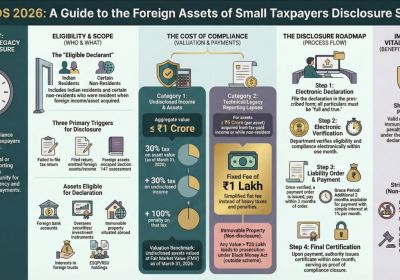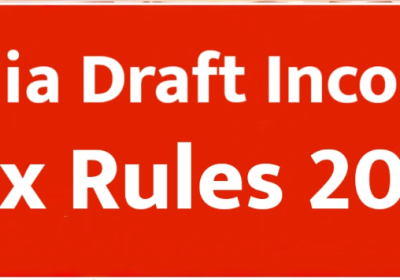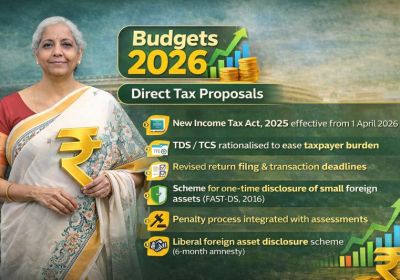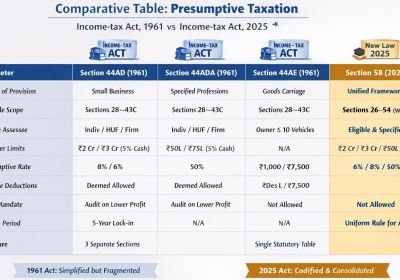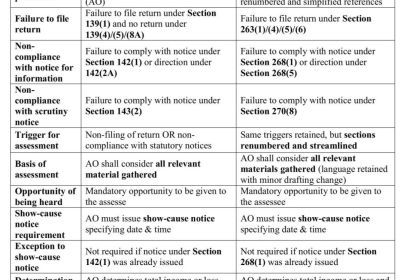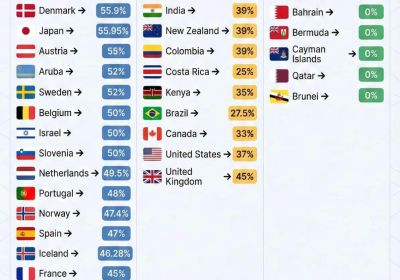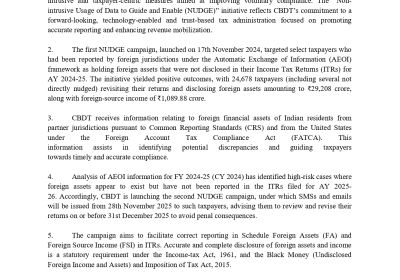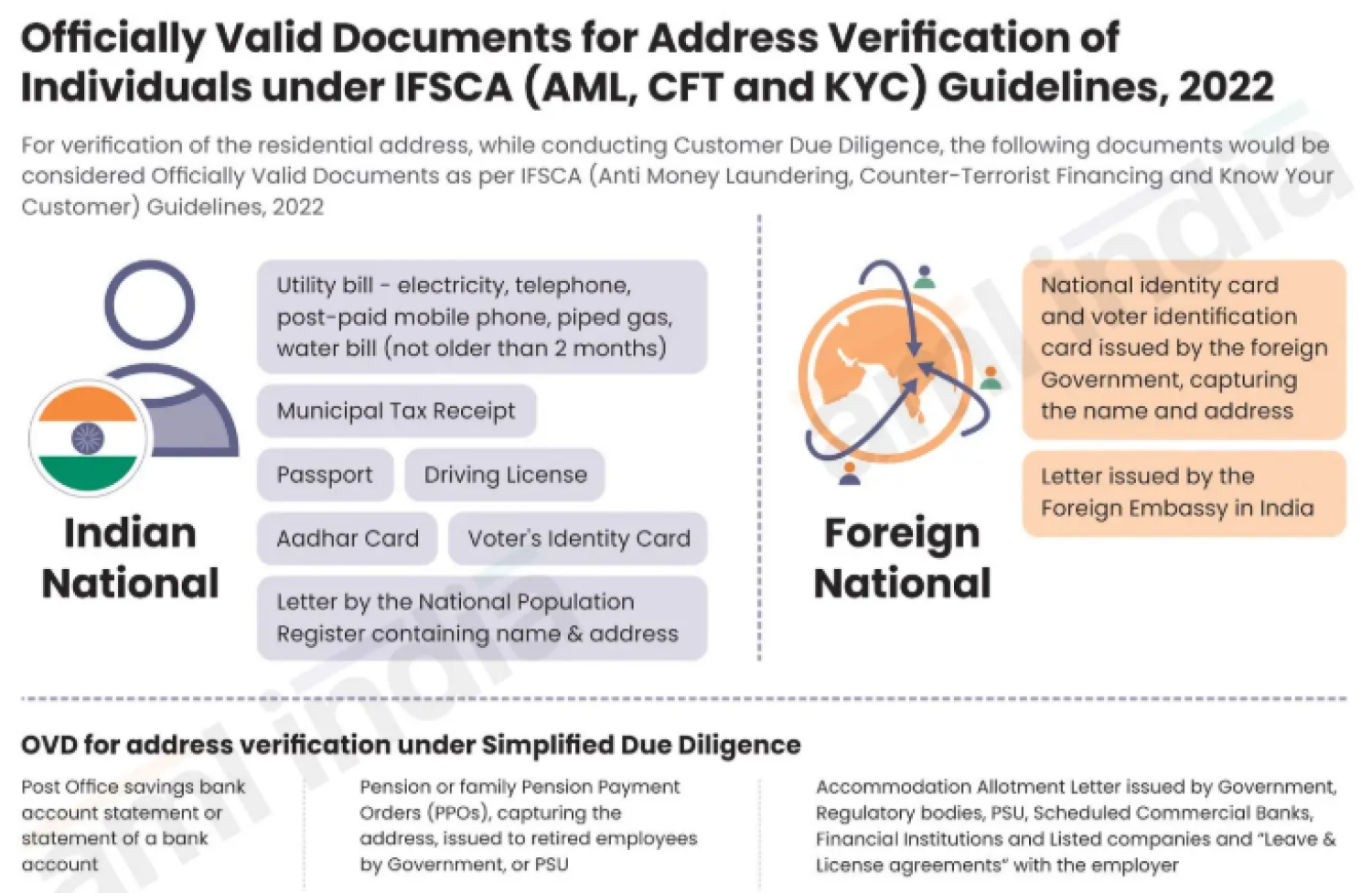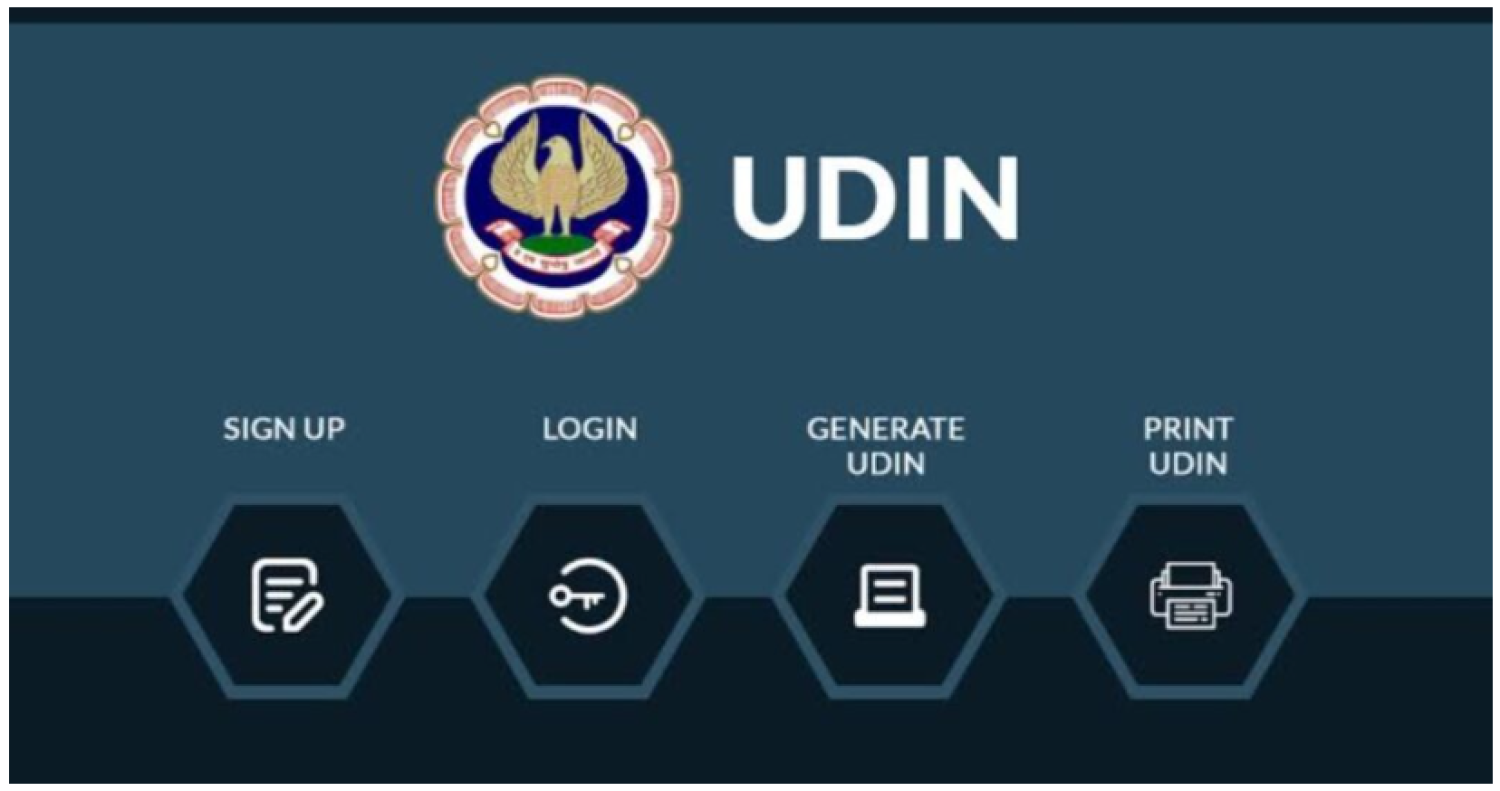Table of Contents
- Overview On Sec 80ggc - Deduction For Political Contributions
- Objective Of Deduction For Political Contributions(section 80ggc):
- Eligibility Of Deduction For Political Contributions(section 80ggc):
- Eligible Contributions For Deduction For Political Contributions (section 80ggc):
- Deduction Amount U/s 80ggc :
- Conditions For Claiming Deduction:
- Relevant Case Laws On Deduction For Political Contributions (sec 80ggc):
- Faq On Deduction For Political Contributions(section 80ggc):

Overview on Sec 80GGC - Deduction for Political Contributions
Section 80GGC of the Income Tax Act, 1961, provides a deduction to individual taxpayers for contributions made to political parties. This deduction is aimed at promoting transparency in political funding and encouraging voluntary contributions. Basic Key Features of Section 80GGC are mentioned here under:
Objective of Deduction for Political Contributions(Section 80GGC):
- Section 80GGC of the Income Tax Act allows taxpayers to claim deductions for contributions made to political parties. This encourages financial support for political activities and provides a tax benefit to contributors.
- Section 80GGC is designed to foster transparent political funding by providing tax benefits for contributions to registered political parties. Individuals must ensure that they meet all the specified conditions and retain the necessary documentation to claim this deduction successfully.
- Understanding Section 80GGC helps taxpayers make informed decisions when contributing to political parties while ensuring compliance with the tax laws and maximizing eligible deductions.
Eligibility of Deduction for Political Contributions(Section 80GGC):
- Any individual, including NRIs, can claim this deduction. However, companies, local authorities, and artificial juridical persons funded wholly or partly by the government are not eligible. Contributions made to political parties registered u/s 29A of the Representation of the People Act, 1951, qualify for deduction under Section 80GGC. This applies to both National and Regional parties recognized by the Election Commission of India.
Eligible Contributions for Deduction for Political Contributions (Section 80GGC):
- Contributions must be made to a political party registered u/s 29A of the Representation of the People Act, 1951, or an electoral trust.
- The donation must be made in any mode other than cash, such as via cheque, bank draft, or electronic transfer.
Deduction Amount u/s 80GGC :
- Total entire amount donated is eligible for deduction u/s 80GGC.
- There is no upper limit on the amount that can be claimed as a deduction u/s 80GGC. However, deduction cannot exceed taxpayer's total taxable income for FY.
Conditions for Claiming Deduction:
- Mode of Contribution: The deduction is only available for contributions made through non-cash modes, such as cheques, bank drafts, or electronic transfers. Cash donations are not eligible for deduction.
- Eligible Contributions: Deductions can only be claimed for donations made to recognized political parties. Contributions directly to individuals or unrecognized parties do not qualify.
- Receipt Requirement: A valid receipt from the political party is necessary for claiming the deduction. This receipt must contain the party's name, address, PAN, TAN, and the amount donated.
- Eligibility for NRIs: Non-Resident Indians (NRIs) are also eligible to claim deductions under Section 80GGC, provided they comply with all the conditions mentioned in the section.
- Documentation: To claim the deduction, individuals must obtain a receipt from the political party or electoral trust. The receipt should include details such as the name of the donor, the amount donated, and the registration number of the political party or electoral trust.
- In-Kind Contributions: Deductions u/s 80GGC are only allowed for monetary contributions, not for contributions made in kind.
- Mode of Payment: Contributions should be made by any method other than cash, such as cheque, draft, or digital payment.
- Fraudulent Donations: If the Tax Dept uncovers fraudulent donation schemes involving Registered Unrecognised Political Parties, taxpayers involved in such donations should review reassessment notices and may consider options like surrendering deductions, filing appeals, or participating in amnesty schemes to manage potential liabilities.
- Deduction under New Tax Regime: Deductions u/s 80GGC are not available if the taxpayer opts for the new tax regime.
- Receipt Format: The receipt provided by the political party should include the name and address of the party, the amount donated, and the party’s Permanent Account Number and Tax Deduction and Collection Account Number.
- Inapplicability Under the New Tax Regime: This deduction is not available under the new tax regime introduced in recent years. It is only applicable under the old tax regime.
Exceptions and Conditions:
- Non-Monetary Contributions: Donations made in kind (non-monetary) or in cash are not eligible for a deduction under Section 80GGC.
- Political Parties' Registration: The political party must be registered under Section 29A of the Representation of the People Act, 1951. Contributions to unregistered political parties do not qualify for deductions.
- Receipt and Proof: Taxpayers must have a valid receipt from the political party or electoral trust to claim the deduction. The receipt should contain all necessary details to validate the contribution.
Relevant Case Laws on Deduction for Political Contributions (Sec 80GGC):
- McDowell & Co. Ltd. v. CTO (1985) (Supreme Court):
The Supreme Court ruled that while tax planning is legal, tax avoidance through colorable devices is not permissible. Transactions intended solely for tax evasion, without commercial substance, can be disregarded by tax authorities.
- Life Insurance Corporation of India vs. Commissioner Of Income Tax (1997) (Supreme Court): The Supreme Court established the ‘Doctrine of Impossibility,’ indicating that donors cannot be held responsible for how political parties use the funds after the donation is made.
FAQ on Deduction for Political Contributions(Section 80GGC):
Q1: Is there a limit on the amount of deduction u/s 80GGC?
Ans : The entire amount donated is eligible for deduction, but it should not exceed the taxpayer’s total taxable income.
Q2: Can I claim a deduction for a donation made in kind?
Ans : No, deductions under Section 80GGC are allowed only for monetary donations, not for contributions made in kind.
Q3: Can companies claim a deduction u/s 80GGC?
Ans : No, companies cannot claim a deduction under Section 80GGC; they can claim it under Section 80GGB.
Q4: What is difference Between Section 80GGC and 80GGB?
Ans : Section 80GGC: Applicable to individual taxpayers (including HUFs, firms, etc.), except for companies, for contributions to political parties or electoral trusts.
Section 80GGB: Specifically for Indian companies, allowing them to claim deductions on contributions to political parties or electoral trusts.

